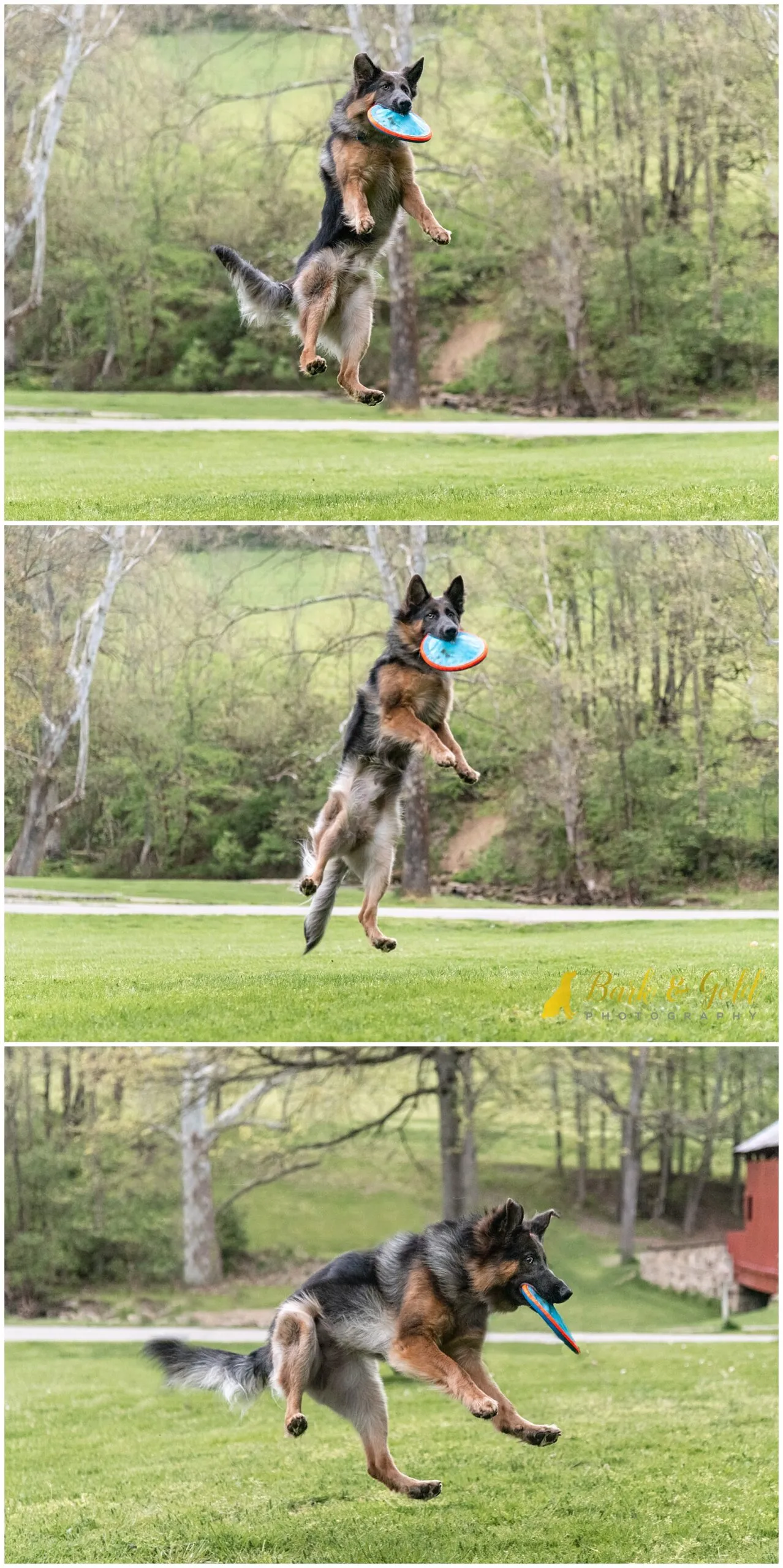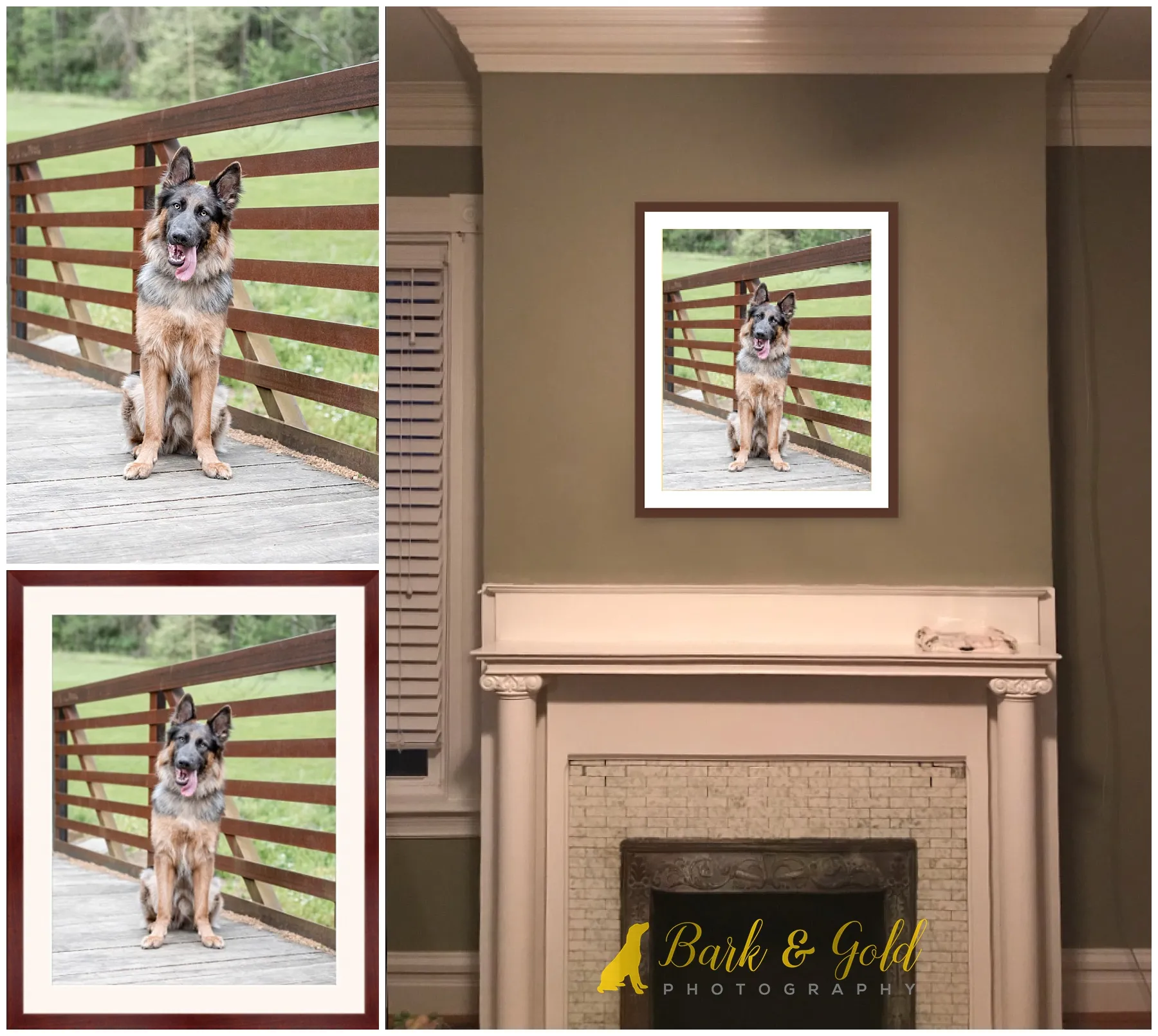German Shepherd puppies are renowned for their intelligence, loyalty, and boundless energy, making them a popular choice for active families. Meet Dante, a fluffy 14-month-old “Party Poodle” German Shepherd puppy whose happy-go-lucky personality and gorgeous eyes captured hearts during a fun photoshoot. His family’s story offers real-life insights into different types of german shepherds with pictures, highlighting essential care tips for new owners.
Ali, Dante’s owner, had dreamed of owning a German Shepherd for years after growing up with the breed and tragically losing her family’s two-year-old GSD to renal failure in 2014. This deep love motivated her to find the perfect pup.
Bringing Home a German Shepherd Puppy: Timing and Preparation
In January 2019, Ali fell in love with a litter of German Shepherd puppies. Her fiancé, Zach, wisely suggested waiting until summer for better weather to aid potty training—a smart move for this high-energy breed. Fortunately, one pup from that litter was returned to the breeder at four months old, already potty-trained with basic obedience skills. On Memorial Day weekend, they drove to Michigan to bring Dante home, embarking on an exciting puppy-parenthood adventure.
Potty training a German Shepherd puppy requires consistency and a strict schedule, as experts from the American Kennel Club (AKC) recommend. Feed your pup three to four times daily, take them out every two hours, and after meals or play. Praise successes lavishly to reinforce good habits. Dante’s early training success shows how choosing a slightly older pup can ease the process, but starting young with positive reinforcement works wonders too. For more breed variety, explore a list of all shepherd dog breeds.
German Shepherd puppies thrive on routine: set meal times, training sessions, and potty breaks to build confidence and prevent accidents.
Exercise Needs for a Hyper German Shepherd Puppy
At 14 months, Dante remains 100% puppy—playful, hyper, with a daunting bark when excitedly meeting new people or dogs. He jumps like a kangaroo, channeling his enthusiasm into joyful antics. Knowing his energy, the photoshoot featured his favorite frisbee for high-flying action shots.
German Shepherd puppies need age-appropriate exercise to prevent joint issues like hip dysplasia, common in the breed. A general rule from veterinary sources like PetMD is five minutes per month of age, twice daily—for a four-month-old like Dante was, that’s about 40 minutes total. By 14 months, aim for 90 minutes spread out: walks, fetch, and mental games. Frisbee play builds agility and burns energy, perfect for their working breed heritage.
 German Shepherd pup catching a frisbee at Mingo Creek Park in Washington County
German Shepherd pup catching a frisbee at Mingo Creek Park in Washington County
Incorporate training like “sit” and “stay” during play, as AKC advises, to curb jumping and barking. Check out other shepherd dog breeds list with pictures for comparison.
Training and Socialization Essentials
Dante’s basic obedience from the breeder laid a strong foundation, but ongoing socialization is key for German Shepherd puppies. Expose them gently to new people, dogs, and environments to manage their protective nature. Use positive methods: treats for calm greetings reduce excited barking.
Daily brushing, nail trims, and ear checks maintain their double coat and prevent infections. Feed high-quality puppy food three times a day, transitioning to adult portions by 12-15 months.
Health Tips to Keep Your German Shepherd Puppy Thriving
While Dante is thriving, his family’s past experience underscores vigilance for health issues. Renal failure is more common in senior German Shepherds, per sources like VCA Animal Hospitals, often linked to genetics or age. Promote kidney health with fresh water access, balanced diet low in phosphorus, and annual vet checkups. Watch for early signs like increased thirst or lethargy.
Vaccinations, flea prevention, and spaying/neutering discussions with your vet ensure a long, happy life—German Shepherds typically live 9-13 years.
For visual breed guides, see types of shepherd dogs with pictures.
 Framed print of a German Shepherd on a bridge at Mingo Creek Park above a fireplace
Framed print of a German Shepherd on a bridge at Mingo Creek Park above a fireplace
During their reveal, Ali and Zach selected a grand framed print of Dante on a bridge, showcased in a walnut frame above their fireplace. Mockups helped visualize it perfectly.
Creating Lasting Memories with Your Pup
Professional pet photos preserve joyful moments, like Dante’s heirloom pieces. They turned their new house into a home.
Caring for a German Shepherd puppy like Dante demands patience, exercise, and love. Follow schedules for potty training, provide ample play, and monitor health for a loyal companion. Consult your veterinarian for personalized advice, and explore belgian shepherds for sale near me if considering similar breeds.
References:
- American Kennel Club (AKC): Puppy Training Timeline
- PetMD: German Shepherd Health and Care
- VCA Animal Hospitals: Chronic Kidney Disease in Dogs
